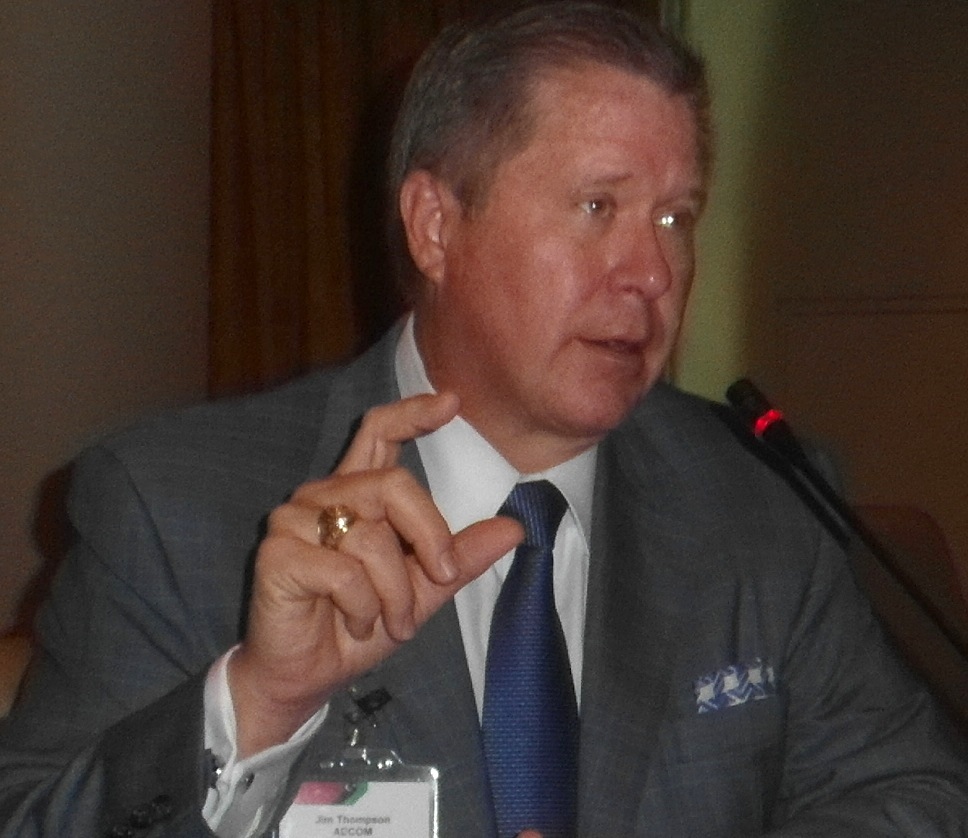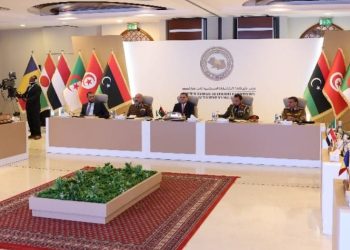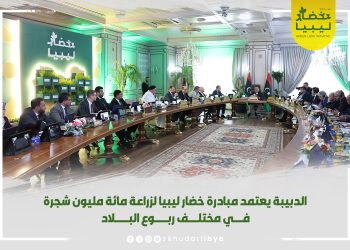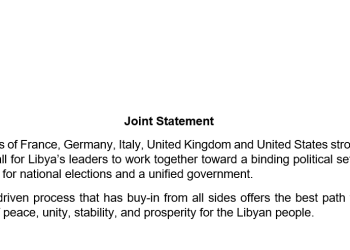By Sami Zaptia.

Tripoli, 5 June 2013:
Libya is poised to resume thousands of outstanding contracts worth tens of billions of dollars, said . . .[restrict]the boss of a leading international project management company, which is preparing to return to Libya.
Speaking today on the third day of the MEED “Libya Projects 2013” Conference, Jim Thompson, Chief Executive Global Programmes for AECOM, said: “We have thousands of contracts to enforce. Some are good. Some are a disaster.”
“There are 300 major contracts that have been suspended estimated at about $40 billion” continued Thompson, “There will be a re-scoping of requirements and local companies will have plenty of opportunities to participate.” However, he warned that some of the joint ventures that were running a number of these projects were no longer “functional”. They would have to be reshaped and rebuilt.
Nevertheless, he was clearly optimistic. AECOM’s return to Libya was announced yesterday at the MEED conference. Itts people are expected to start arriving on the ground in next month. AECOM will be working with the Housing and Infrastructure Board, (HIB) to process old projects.
“AECOM’s return to Libya, is a transformational milestone in Libya’s development,” commented Chuck Dittrich, head of the US-Libya Business Association.
“In the past, we were constrained” said Thompson, “Today, it is a whole new Libya. Libyans have been given the authority and the responsibility to drive these projects as we would do all over the rest of the world.”
But Thompson warned that change will not occur overnight. Progress depended on a modern, procedure-based programme.
“We hope to put in place a consistent procurement system based on international best practice” he said, “We will have a contracting and procurement department once we are up and running in Libya.”
Thompson revealed that companies which had pre-qualified previously would not have to prequalify again. “They will have to be looked at again to ensure that their pre-qualification is still valid, but they won’t have to start from zero” he explained.
Quizzed by international delegates about which projects were to be given priority, Thompson revealed that work had already been done on that. He confirmed that there will be a focus on what are regarded as key projects. He also revealed that AECOM has been working in Libya with HIB for the last 18 months. The list of priority projects, he said, is ready to be executed and will be pushed forward very quickly.
Pushed further by delegates, to give an idea of when the first projects would be cleared to re-start, Thompson was less forthcoming. However, he did say that all projects will be re-calibrated. “We will have to come up with a creative method of restarting priority projects. Starting from zero to a $5 or $6 billion spend per year is going to be challenging and demanding on human resource and skills capacity.”
The AECOM executive ended of a sober note: “It will be difficult, if not impossible, for these contracts to proceed if there is no security,”he warned.
Asked by the Libya Herald if AECOM had received any specific guarantees or assurances regarding security, Thompson replied “I had no specific assurances that have been given. We are hopeful and optimistic that security will be improved.” [/restrict]










